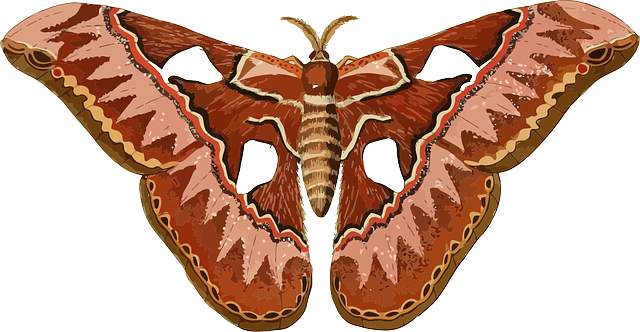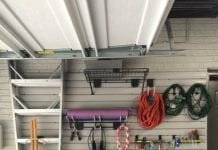Wales, with its diverse landscape and temperate climate, is home to a variety of insect pests that can cause problems for homes, gardens and businesses. Understanding these common pests and knowing how to deal with them effectively is crucial for maintaining a healthy living environment. Here’s a guide to some of the most prevalent insect pests in Wales and what you can do to manage them.
- Wasps
Wasps, particularly the common wasp and German wasp, are prevalent in Wales and can become aggressive if their nests are disturbed. They pose a significant risk to humans, especially those who are allergic to stings.
What to Do:
- Avoid Disturbing Nests: If you find a wasp nest, it’s best to avoid disturbing it and contact a professional pest control service.
- Prevent Nesting: Regularly inspect areas like eaves, sheds and garages for early signs of nest building. Wasps prefer quiet, undisturbed locations.
- Use Wasp Traps: These can be placed around your garden to capture and reduce the number of wasps.
- Clothes Moths
Clothes moths are a persistent problem in Wales, particularly in older homes with natural fabrics like wool and silk. These pests can cause significant damage to clothing, carpets and upholstery.
What to Do:
- Regular Cleaning: Frequently clean and vacuum areas where clothes are stored. Moths thrive in undisturbed, dark areas.
- Use Moth Repellents: Cedarwood, lavender and mothballs can deter moths from laying eggs in your clothes.
- Store Clothes Properly: Store off-season clothing in airtight bags or containers to prevent infestations.
- Fleas
Fleas are a common issue in homes with pets, particularly cats and dogs. They can cause itching and discomfort to both animals and humans and can be difficult to eliminate once they infest a home.
What to Do:
- Regular Pet Care: Treat pets regularly with flea prevention products recommended by your vet.
- Clean Your Home: Vacuum carpets, rugs and furniture frequently to remove flea eggs and larvae.
- Use Flea Traps and Sprays: There are various traps and insecticides available that can help reduce flea populations indoors.
- Bedbugs
Bedbugs are becoming increasingly common in Wales, particularly in urban areas. These small, nocturnal insects feed on human blood and can cause itchy bites and distress.
What to Do:
- Inspect Second-Hand Items: Bedbugs often hitchhike on used furniture, luggage and clothing, so be cautious when bringing second-hand items into your home.
- Regularly Check Your Bed: Inspect mattresses, bed frames and headboards for signs of bedbugs, such as tiny dark spots or shed skins.
- Seek Professional Help: It’s often best to contact a professional pest control service, such as Kwickill Pest Control, as these pests are notoriously difficult to eradicate.
- Carpet Beetles
Carpet beetles are a prevalent household pest, recognized for causing damage to carpets, upholstery and clothing made from natural fibres. The harm is primarily caused by their larvae, often referred to as “woolly bears.”
What to Do:
- Regular Cleaning: Vacuum carpets, rugs and upholstery frequently to remove eggs and larvae. Pay special attention to areas under furniture and along baseboards.
- Proper Storage: Keep woollen and other natural fibre clothing in airtight containers to safeguard them from carpet beetles.
- Use Insecticides: If an infestation is detected, targeted insecticides can be used to treat affected areas.
- Silverfish
Silverfish are night-active insects that flourish in moist, dark areas such as bathrooms, basements and kitchens. They can cause damage to books, wallpaper and clothing by feeding on starchy materials.
What to Do:
- Reduce Humidity: Use dehumidifiers in areas where silverfish are found. Proper ventilation in bathrooms and kitchens is also crucial.
- Eliminate Food Sources: Keep pantry items, paper and clothing in sealed containers to shield them from silverfish.
- Use Traps: Silverfish traps, which typically use bait to attract and capture the insects, can help reduce their numbers.
Conclusion
Wales’ climate and environment make it susceptible to a wide range of insect pests. Each of these pests presents unique challenges, but by understanding their habits and implementing targeted control measures, you can effectively manage and prevent infestations. Regular maintenance, cleanliness and, when necessary, professional pest control services are key to keeping your home and garden pest-free.
Help keep news FREE for our readers
Supporting your local community newspaper/online news outlet is crucial now more than ever. If you believe in independent journalism, then consider making a valuable contribution by making a one-time or monthly donation. We operate in rural areas where providing unbiased news can be challenging. Read More About Supporting The West Wales Chronicle
























